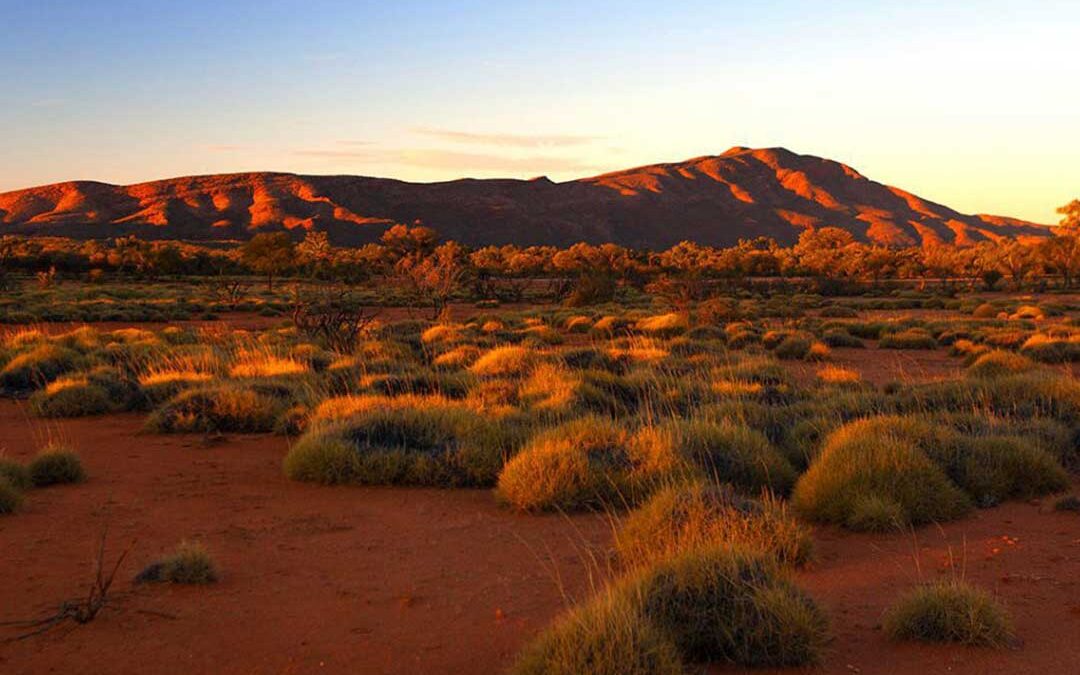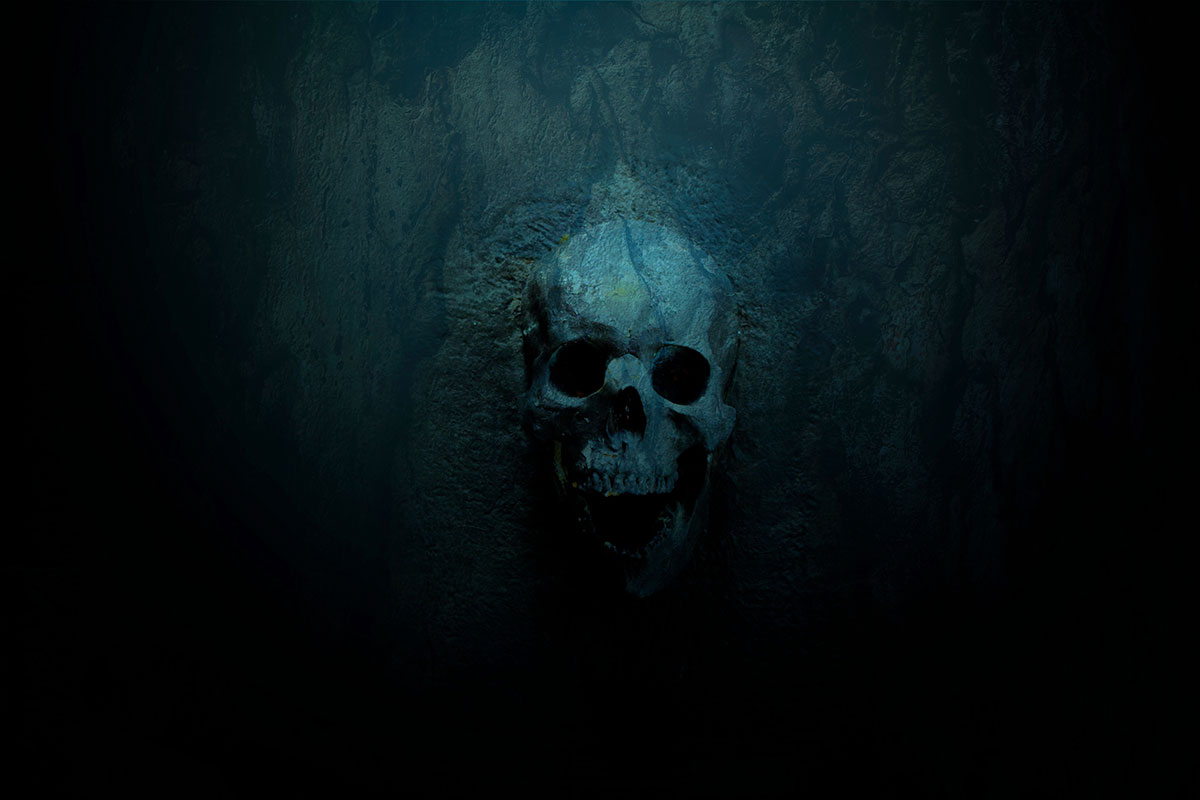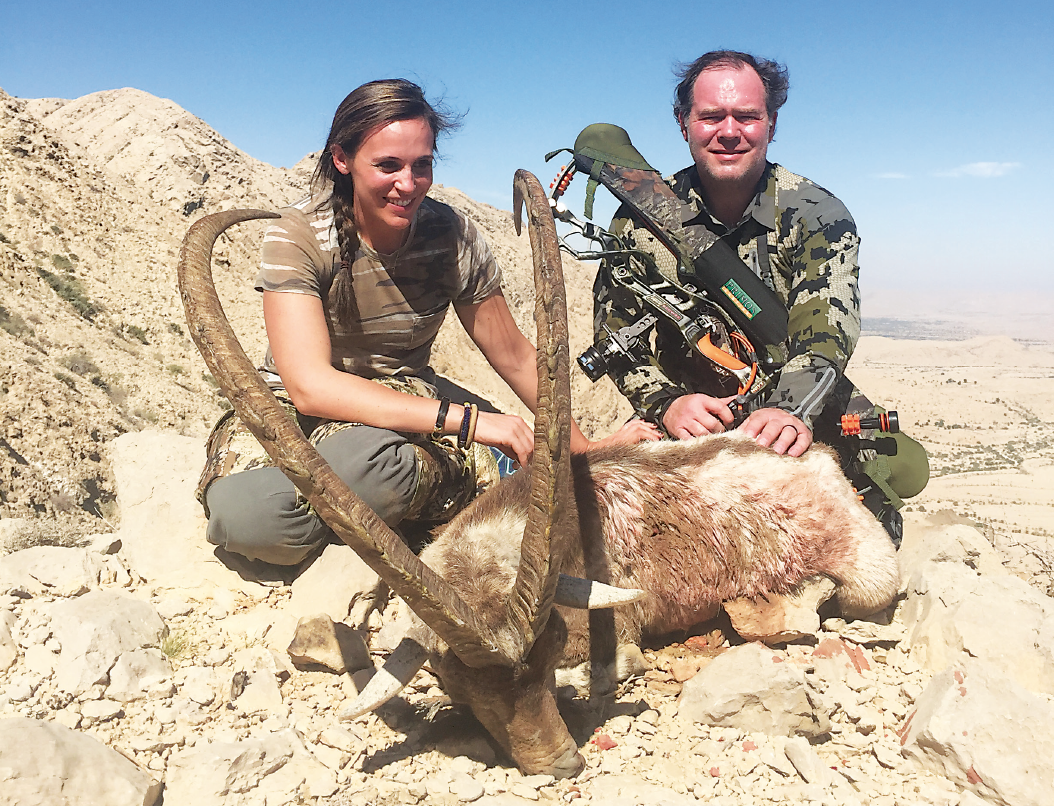Standing alone in dry, desolate outback, I feel first rage, then fear, then can do nothing but laugh out loud at my predicament. I had blamed a faulty petrol filter and felt quite fortunate by locating the correct part at an isolated outpost before pointing the Land Cruiser across trackless outback. The wizened bloke at this outpost had nine petrol filters on his barren shelves and one of them would actually serve. Who was to guess such luck would turn into grave error?
I had grown weary of the operation of removing the old filter each time the Cruiser lurched to a stop, blowing against the flow to force out petrol-tank sludge, the nasty taste of petrol on my lips. Now the old filter is tossed to the outback, the fresh one installed. Still the old girl runs in lurches and bucks before dying completely. Then she refuses to fire at all. I turn her over until the battery grows sluggish. I log 136 Ks on the odometer before this complication. I tinker beneath the bonnet, but know the petrol pump is shot. I am stranded.
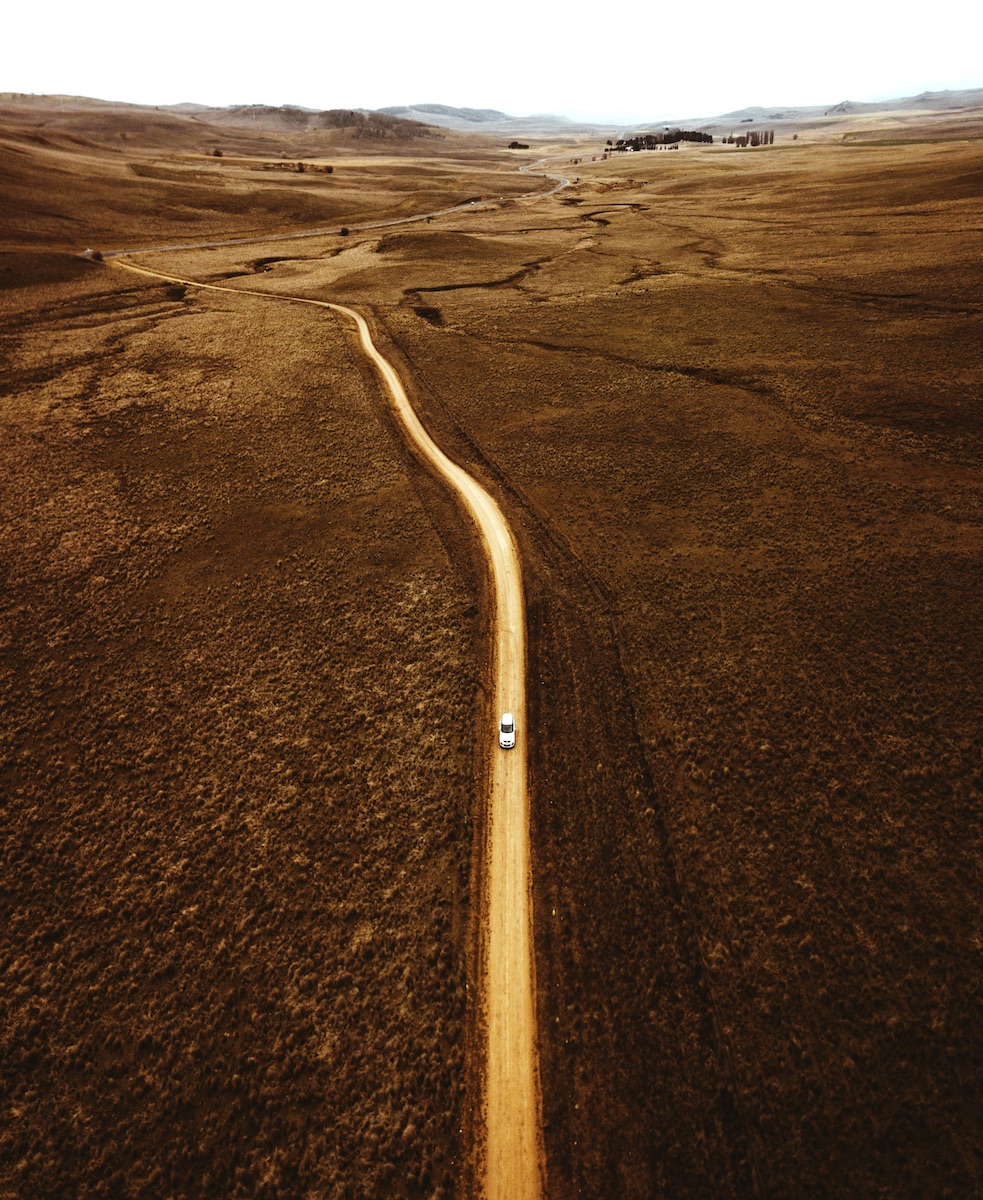
I have been camped along Cloncurry River, in southwestern North Queensland, with two military mates from younger days, our annual feral pig bowhunt. Now, halfway across western New South Wales, I am alone and tired. There is nothing doing but to drag out camping gear and make myself as comfortable as possible for the bitter cold July night ahead. It will provide time to form a plan. There is not a single twig in sight so I mix a 20-liter tin of petrol with several of motor oil in a shallow pit and toss in a match as the western sky darkens; warmth against the two- or three-degree Celsius night. I ruminate over cold chow and soothing ales, pondering the stars and moon-bathed sand rolling away endlessly into blighted outback.
The morning is bitter and I bash beneath the bonnet, removing the offending petrol pump, disassembling it to component parts, coming to no conclusions. I am no mechanic. Reassembled and reinstalled the Cruiser roars to life, providing fresh hope. I scramble about, pitching camp haphazardly into the tray of the ute, the motor dying quite suddenly as I race about. Ready to begin, the motor refuses to catch until I have no more battery. It’s hopeless. I cannot continue without parts.
This forces me to weigh options. Certainly, no one will happen along. It has been a foray lacking itinerary; no one will look for me for some time. I haven’t water for such waiting. I might return to the sure outpost 136 Ks distant, from which I have come, all across waterless desert.
I am on my way to visit a cousin, the manager of Pine Rock sheep station, situated between the Sturt and Broken Hills creating portion of headwaters of the tedious Channel Country—an endless series of deep erosion cuts and canyons—and its abundance of seasonal water.
I know from past visits there is game around there; pigs, stray sheep and goats. Pine Rock itself supports a jealously guarded population of imported axis deer and explains my past and present interest in the place, detouring 950 kilometers from my way home in Newcastle. The latter is a direction in which I can use my bow to feed myself, and where sure water may be found after passing through this wretched desert. It is also half the distance. Perhaps.
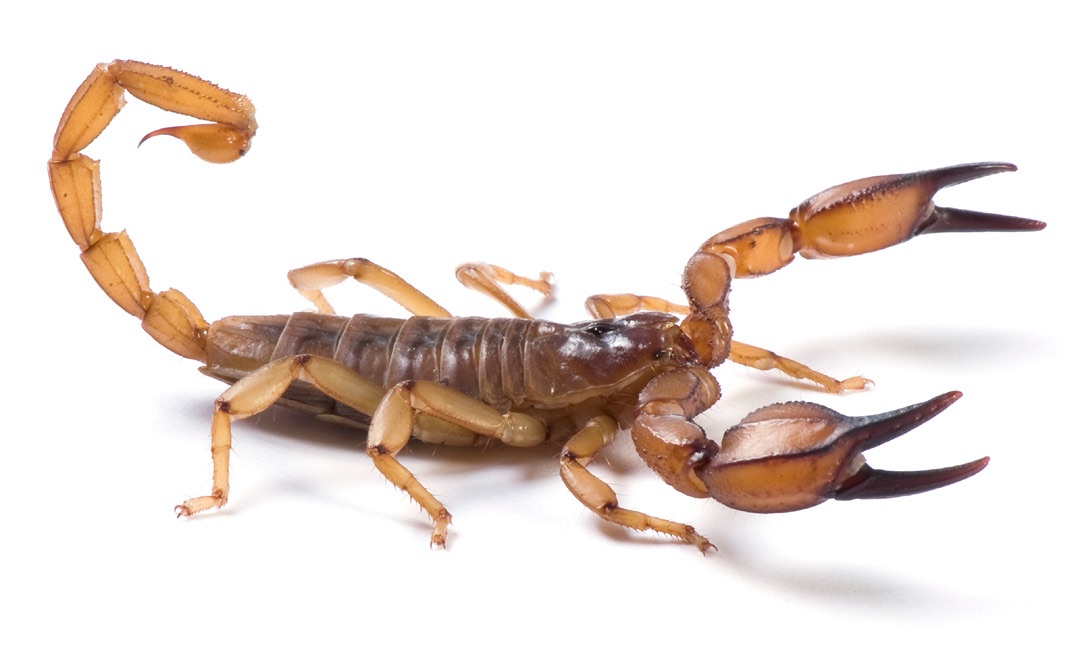
I carefully load my haversack. There’s scant odds of rain, but Australia harbors the world’s deadliest-poison snakes, scorpions and spiders. A lightweight bivy sack is appealing for this reason alone—4.5 kilos. I will suffer the light cycling bag (a bit over two kilos), but only while sleeping. I gather all the matches on hand. I toss atop the pile a light stove, two butane bottles, titanium pot and eating utensils, a sweater for pillow and cold nights, folding spade, extra shorts and socks, hand torch, two knives and sharpening steel, field glasses; add 20 kilos. I must carry water. I add eight tins of baked beans and fruit, increasing my sack weight by a third again.
After much deliberation, I decide to string my treasured Fred Bear Take-Down recurve and leave the heavy compound bow behind. This means exchanging broadheads from stiffer compound-bow carbons to the 2117 aluminums the recurve prefers. I own fewer aluminum shafts, but the recurve is not so hard on arrows as the compound.
The rest is water, trickled carefully from the unwieldy cans in the ute tray into empty liter tonic water bottles saved for just such an occasion. I fill nine of them before absolutely running out of space in the haversack. It is enough water for perhaps three days under a hot sun, perhaps longer if I travel only by cool night until reaching game country. Perhaps.
I nap and read in the shade of the Cruiser until nearly sundown, eat simply and drink water until fit to burst. I shrug into my sack and start off toward the southwest, following stars until the moon appears to light my way. It is pure tedium, plain and simple—a featureless, monotonous land of packed earth, salt flats and sand. It is nice to be moving, the night biting with the hard-edged wind cutting at my face and hands.
I march through the night with no perceivable change in terrain or scenery. I eagerly await sun to warm me, knowing all too well it will become a hated enemy by late morning.

With first light I make my way to a great dune, spent and hungry, shivering cold. I heat a tin of beans and eat them greedily when just warm. I drink one of the liter bottles of water. The sun comes slowly, stingy with its warmth. I produce the spade and chip and dig into the base of the hard-packed dune, working up a sweat, creating a small cave in its side against the coming sun.
By 1 p.m. the small burrow becomes an oven. I am wide awake and cannot be more bored if I had been incarcerated. I have two tins of fruit, which only make me thirstier for the sugar contained. Against better judgment I re-stash my gear and set off, a kerchief held under my cap for added shade, the legs zipped onto my convertible shorts, long sleeves rolled down. The six hours to complete darkness will be a long time coming, tongue swelling, lips cracking, not a stirring of breeze to comfort me. I drink nearly all my water. I am down to my last liter.
I come abruptly to an escarpment edge at sunset and below, observe the beginnings of stingy vegetation, mostly salt brush. At the edge are the tracks of dingo, so I understand water is close at hand. I aim toward a point of dry streambed showing brighter vegetation and start down, dizzy with fatigue, dreadfully thirsty.
In my haze I nearly miss the movement to my right. A meter-long goanna deliberately flicks his black tongue, capturing ants atop a small mound. I sink slowly, so not to alert the big lizard or send him scurrying into his burrow, wiggling from sack straps and turning it to disengage the recurve bow and arrows. I pause to take a swig of my last water, confident I can now find more. I crawl toward the lizard until sure of the shot. I risk a head shot and anchor him forthright. I will dine well on the reptile’s firm white meat.
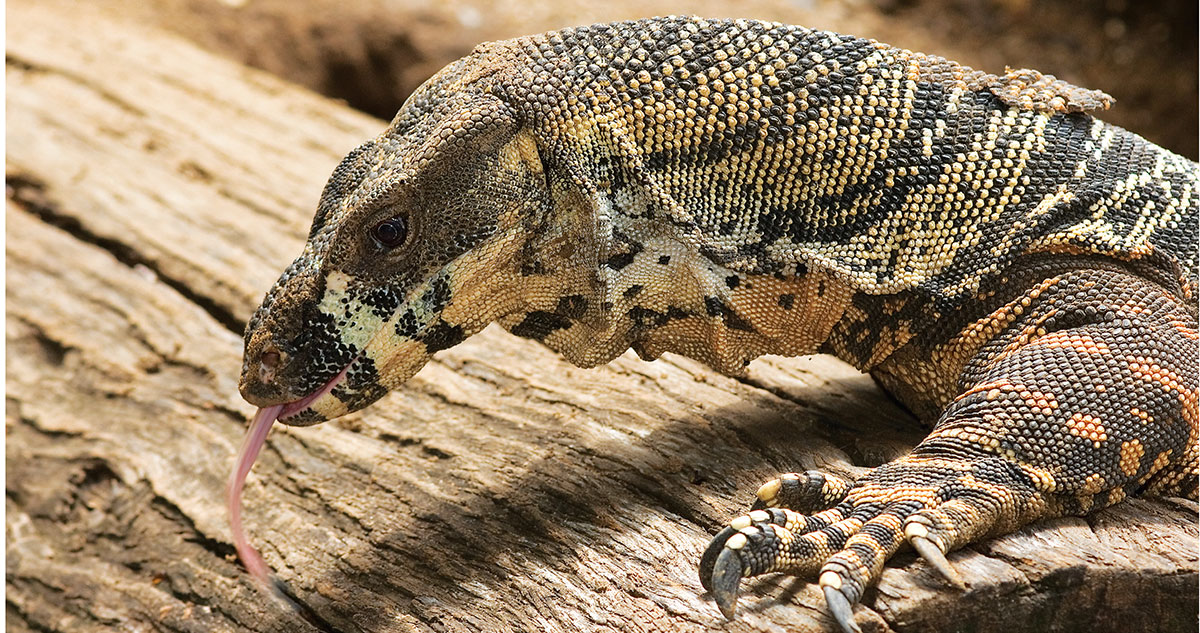
Twenty-five of the world’s 30 species of goanna are found in Australia. The goanna can reach eight feet in length.
I hurry toward a distant wash in failing light, recurve bow and goanna in each hand. Reaching the patch of stunted brush, I see where dingos have dug sand behind a large rock splitting the wash. Dropping my sack, I produce the spade and try the place but fail to discover water after producing a meter deep trench. I fetch my torch and rove farther down the wash, my bow over my shoulder. A half-K down, I find another place where dingos have dug, spoor fresher, and dig to discover a generous pocket of clean water. I fill the single water bottle I have brought.
I scratch together a meager fire of root knots and twigs and shortly have the goanna roasting and spitting over flame, a tin of beans on a slow simmer atop the stove. My thirst still rages so I take two bottles and my bow and start for the water, following the torch’s licking tongue of light. I have not gone far when my torch picks up glowing eyes. I slip toward them slowly, discovering they belong to a fat bandicoot. The chubby rodent is soon added to the larder, set to cook on the dying coals before I climb into my bivy, as full as a tick, my thirst finally slaked.
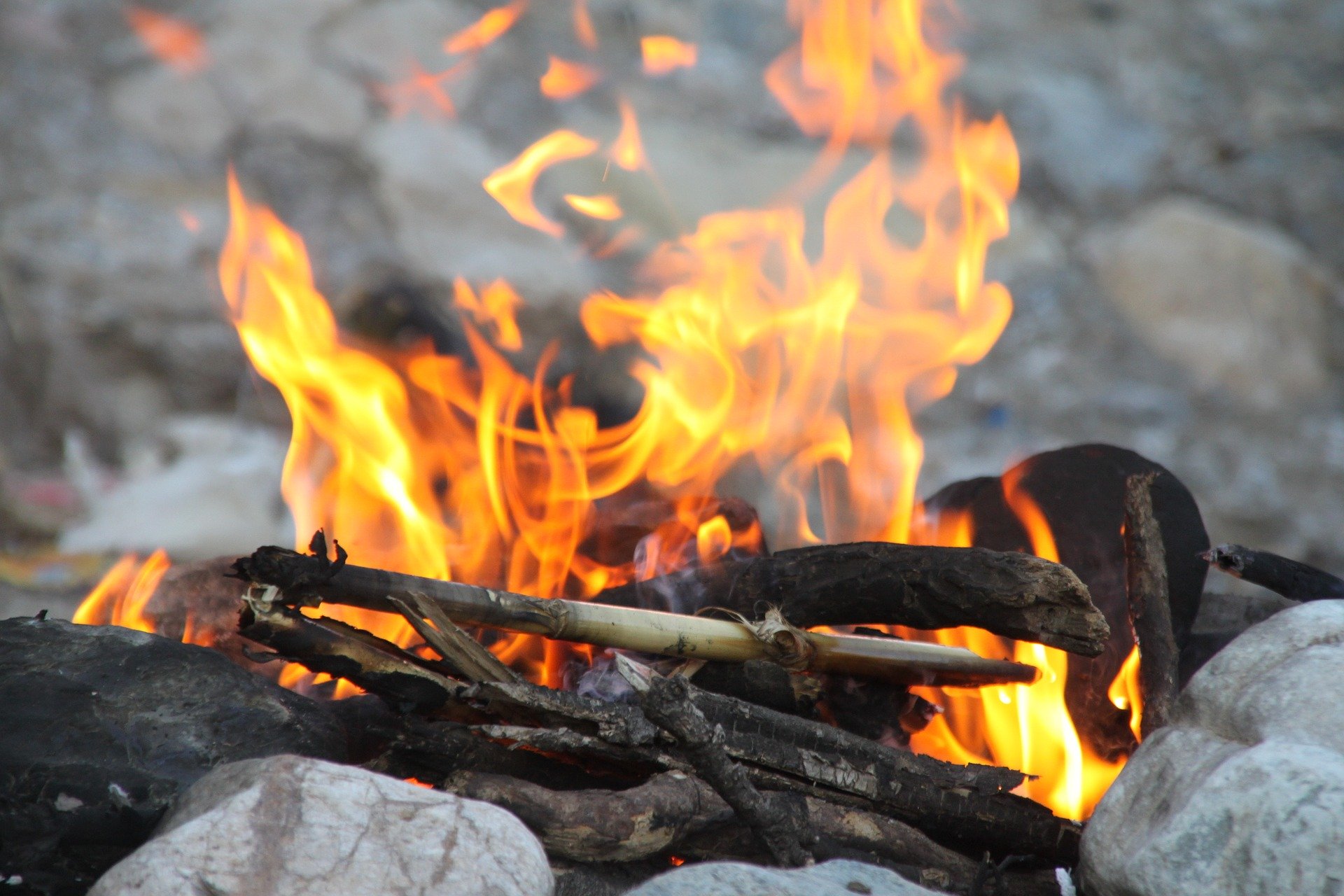
It may have been rising moon, or some Abbo intuition, but I awake from hard sleep sometime in the night, wide awake for no reason at all. Laying, thinking my course through, my eyes rest abruptly on a large scorpion silhouetted against the moon directly overhead on the bivy’s tight nylon. I cock a finger behind thumb and reached to launch the menace on his way. Instead of meeting tight nylon, my finger finds hard exoskeleton and the scorpion, potentially deadly, drops inside my bivy. Cripes! I rip at the zipper and bolt out as if launched from a catapult.
Now what? My torch is inside. I knock my down-turned boots together roughly before pulling them on and kicking about by moonlight to scrounge twigs. Blowing on ash below the spitted bandicoot I find live coals and sprinkle twigs on, blowing gently. When flames jump to life I quickly find more wood. I am able to locate my torch and snatch it from the bivy.
I began my inspection, removing each item carefully, giving it a good shake toward the fire until down to a single stuff sack containing spare torch batteries and such. I pick it up, sure I am in the clear. The seven-centimeter scorpion is suddenly racing across my hand and I let out a yelp (I am no Crocodile Man!) and shake him off where he commits suicide by running into the fire. The marauder is slain, but sleep is impossible after that excitement.
Another full day and night has passed when I climb out on an escarpment point for better vantage. I am convinced of seeing tips of higher hills dancing above the heat shimmer. It is uncertain, but somehow reassuring. I have begun to discover cloven hoof tracks, sharp tracks of goat, blunted of sheep and pigs. Water is no longer a dilemma and no longer must be carried.
One day has merged into the other until I can no longer discern this day from that. Time has ceased to have bearing, other than periods of heat and cold, and what those entail.
I erect my bivy well ahead of sunset near a small spring bubbling from clean sand, flowing only a quarter K before sinking once more into sand, gather wood and secure my truck. I am out of food.
I mount a point and put my field glasses to work, probing for movement as the sun dips and the land cools. I locate a bandicoot nipping fresh growth from a low shrub and start toward him, but another nearby movement catches my eye—black shapes crossing a low bench of waist-high sawgrass. Pigs. I deliberate briefly between the sure meat of the bandicoot or more appealing pigs. I opt for pig, quickly checking wind and circling to accommodate it. I believe I know where these pigs are traveling, there being another stretch of clean water well below camp discerned through glasses from greenery alone.
After the long detour to give wind her due respect, I come up on the place and immediately hear grunting and a sharp squeal. I steal ahead, leaning through the high grass to inspect each open place. A dark shape moves my way and I ready myself. At 20 meters or so, a good-sized pig pauses to root and I send my arrow right over its back and then deliver an oath. Pigs begin to boil out of the water cut, more of them than I could have imagined.
A smaller pig, this one perhaps 100 kilos, skids to a stop to check his backtrail. This one I zap, sending a Ribtech completely through his lungs to much commotion on the pig’s part and celebration from myself. He lays only 30 meters along and is a portly fellow.
So my days proceed. After another day’s trekking, I begin to encounter copious sheep and know that not all of these can constitute strays. Thus, I am reluctant to shoot them. They likely belong to Pine Rock. The hills I have discerned many days past, seemingly a will-o’-the-wisp, have grown conspicuously closer. I’ve even come to imagine where I am precisely.
I ruminate this information with some regrets, and understand I have been having the time of my life on this forced walkabout, a simple and unfettered existence amongst nature and her animals. A man with a bow and arrows and a clear head free of worries can feed himself easily out here. It is all of the other things that complicate and clutter our lives. I find I actually do not want it to end just yet.
Of course it will, and I awake one morning to a healer sniffing about camp and a lean-boned Abbo leaning against a long shaft, some semblance of spear, politely waiting to be noticed in his patchwork hand-me-down togs.
“G’day,” he says quietly when I crawl from my bivy, showing his good teeth, the dog growling and slinking to sit obediently at his side, looking for direction.
“G’day,” I say. “I am the cousin of Quein.” I see recognition in the man’s eyes.
“Yes? Quein is my bossman.”
“Is the station far?” I assume an answer and hope I am wrong.
“My Cruiser conked out several days back,” I add, jutting my thumb over a shoulder. “Been on walkabout since.”
He smiles, thinking of this. “Not far, mate” he says and I find myself unexpectedly disappointed, though I look forward to seeing my mother’s people.
He waves vaguely toward where I know the hills to be. “Day, maybe two.”
“Hungry?” I ask, gesturing toward the skinned pig hanging from an overhead branch.
“Yes, mate, I could eat. Pig?”
“Yes, a fat fellow. Very good.”
I see the puzzled look in his eyes, how they dart about camp for an answer to a puzzle. “Bow and arrow, mate. Shot him last night; down near water along the way,” pointing down the streambed.
“I will get wood,” he says, smiling again.
This is good. Two days then. I have two days more.
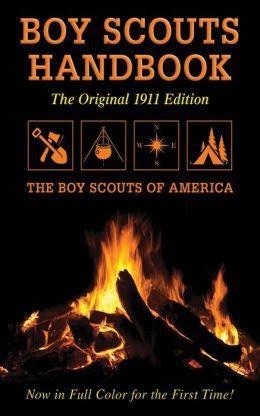
This is a facsimile reprint of the very first Boy Scouts Handbook published in 1911. Scouts past and present will be fascinated to see how scouting has changed, as well as what has stayed the same over the years. Buy Now

